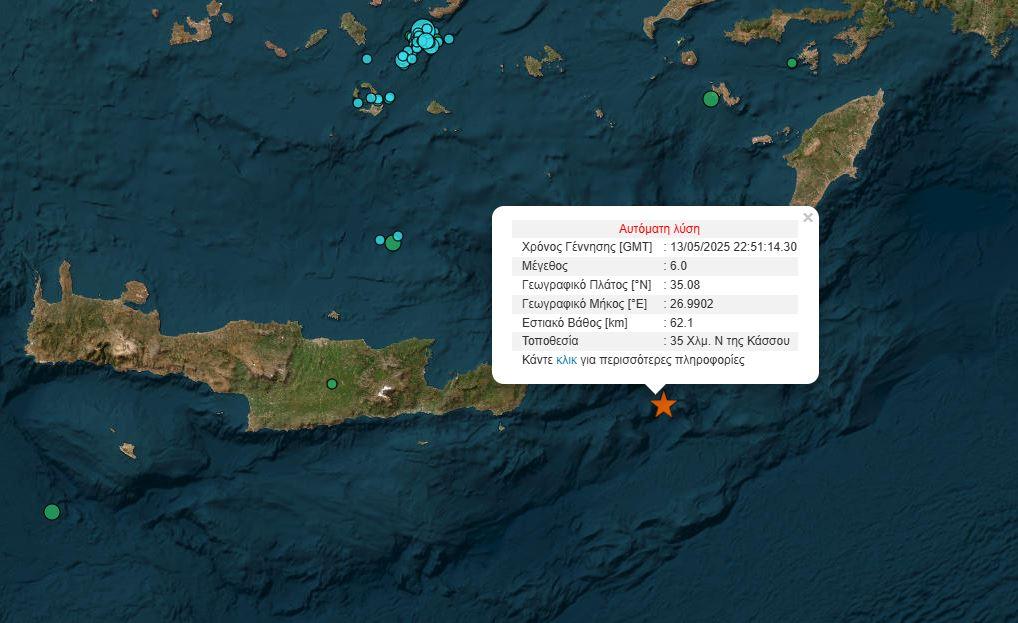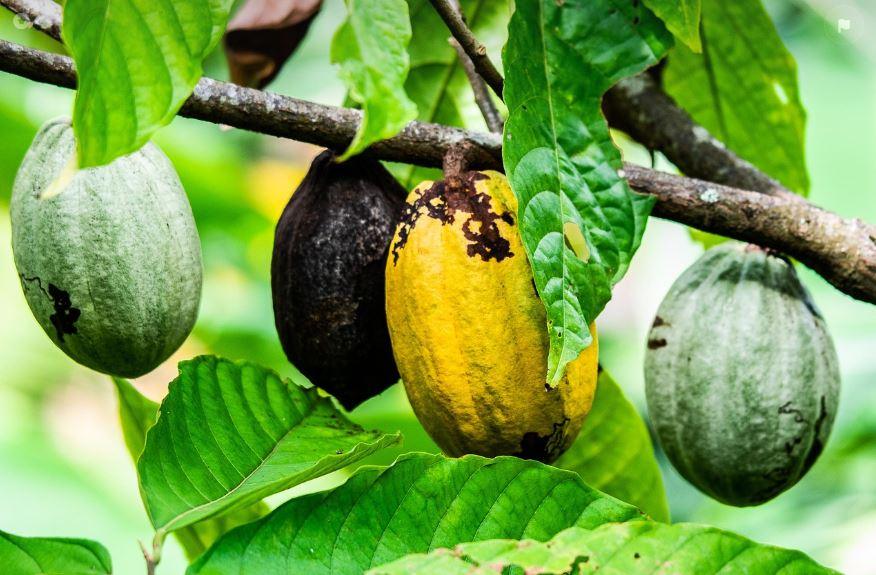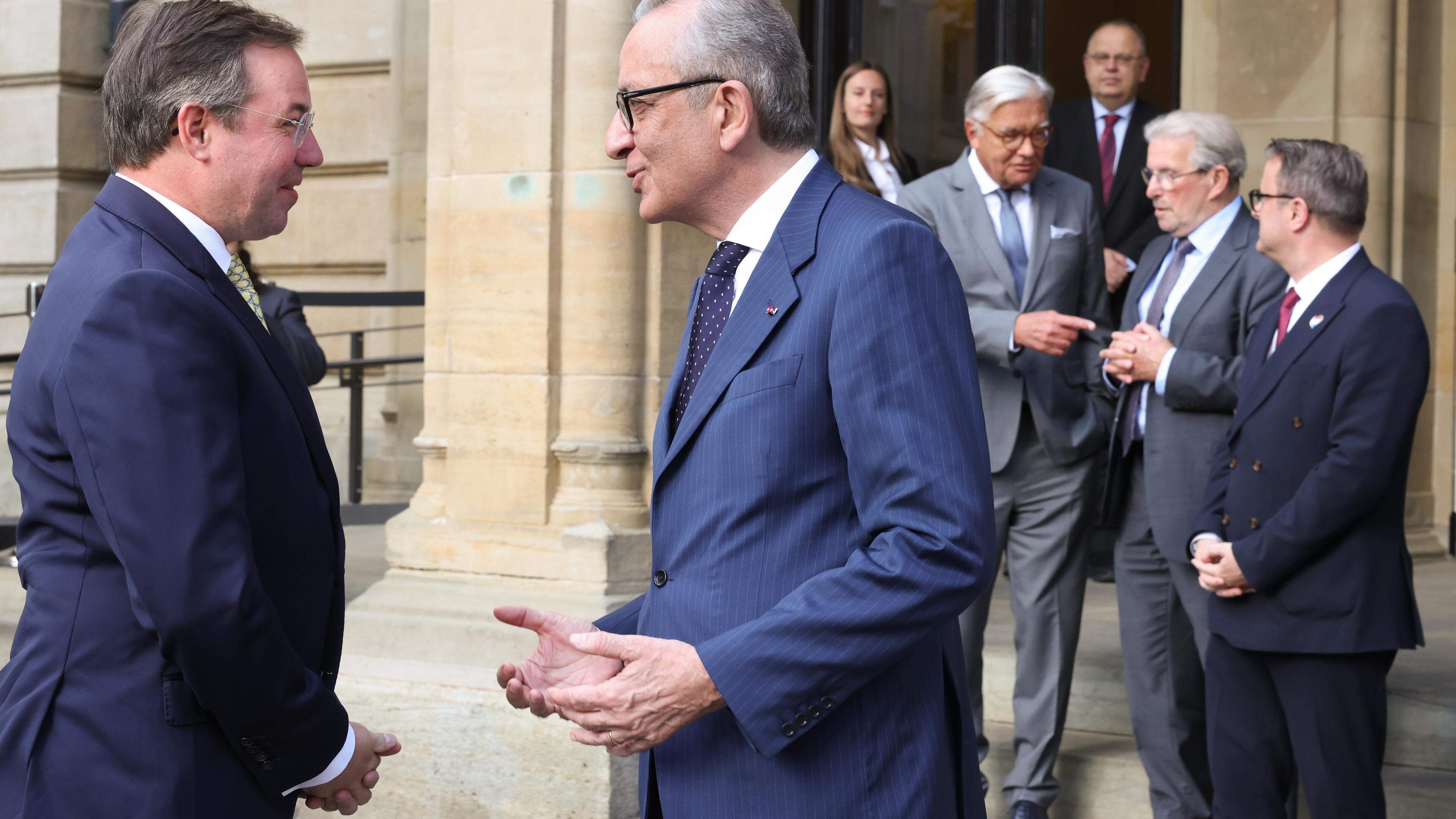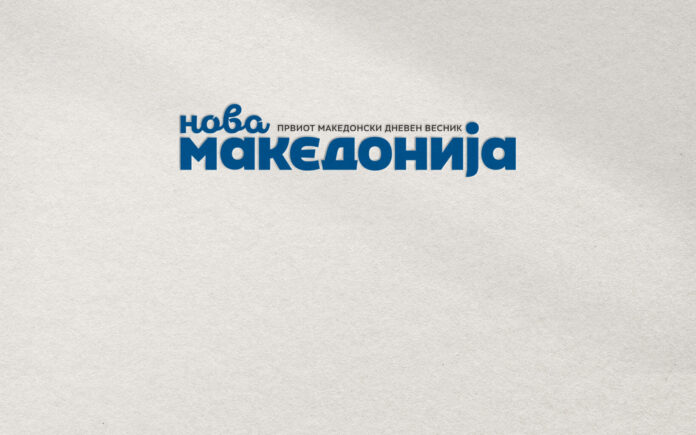Who remembers – and need? – Today the EFSE

The last time the National Student Union of Greece (EFSE) was formed with a regular bureau was about 20 years after its founding, that is, in 1982, with Christos Papoutsis being the last one who was elected president.
A gradual decline was followed, with the last time a Panspace Congress was completed and the Central Council was elected in 1995.
So today and in view of tomorrow’s student elections – which is once again certain that they will not work out of all the factions – we are entitled to ask the following question: Who remembers EFSE? And a consequence: Does it make sense today its reconstruction?
Undoubtedly, in the decades that have changed a lot, in universities, society and the younger generation as a whole.
Thus, any such discussion could be done not in « old » terms, but on the basis of today’s reality. Perhaps the last time an attempt was made to rebuild the EFSE was in 2009. When the DAP-NDFK with the left-hand section (AREN) and the Post-Grand Cooperation Movement (PCS) resulted in a proposal in principle.
Indeed, the then coalition president Alekos Alavanos asked Kostas Karamanlis and George Papandreou to support the initiative of the student factions.
Although the initiative did not eventually go, in the years that followed, there were student factions and movements-impressions that were trying to bring this goal back to the forefront.
For Stefanos Tzoumakas, who was president of the EFSE after the junta, her re -establishment could promote developments in a progressive direction.
« Young people in dozens of cities are facing a living crisis. They are unable to have housing and public spending on the operation of university institutions are meager. Our country will be in recession for many years.
Progressive forces and the student movement must take initiatives. Teachings and experiences can be drawn from the racing action of Greek youth, « he notes, who also citing the fact that » some without authorities are degrading and retaining the Polytechnic flag into a bank port! «
The above questions, however, remain unanswered. And those who will eventually give the answer to whether they need EFSE – and what EFSE – are the students themselves.
In 1963, after the establishment of the EFSE at the 4th Post -Buddet Conference based on a model « copied » by the French student movement, its members rented offices at the corner of the University and Korai. The author and philosopher Stelios Rambos played a decisive role in writing her statutes.
The first president of the EFSE was elected by journalist Yiannis Tzanetakos in 1963-64.
He was succeeded for the next two years by the historian and peer professor of Panteion University, Yiannis Giannoulopoulos.
The latest pre -dictatorial president of EFSE was Civil Engineer Kostis Vardakis until the coup on April 21, 1967. One of the first actions of the junta was the abolition of all student associations.
It will « reconstitute » them with appointed BoD members in October 1967, as well as « EFSE » on July 31, 1968.
In November 1972 he will call elections for the clubs, but there will be interventions and extensive fraud, with ballots even discovered even in the toilets.
Indeed, that confrontation will contribute to the momentum that will lead to the occupation of Law in February 1973 and then to the uprising of the Technical University.
Meanwhile, at the initiative of the illegal mechanism of the KKE and the KNE, the anti-dictatorial EFSE (known as the anti-NFEE) had been established since 1972, which also issued it also illegal, « pansy ».
The Transition will mean the free functioning of the student movement and the reconstruction of the EFSE.
The occupations of 1979 will lead to the suspension of the implementation of the voted on 1978 Law 815 and will perhaps be the highlight of the Transitional Student Movement, although they will be judged mainly at the level of general assemblies. After all, this will be the characteristic since the 1980s – which is why EFEE’s disintegration did not stop the emergence of important student struggles.
The day of the student elections arrived again. On May 14, students are invited to choose the power that will represent them in the new academic year, at a strong period of time, after what happened in the previous days in the Law of the NCSR and at the NTUA. Students, therefore, have the opportunity to send their own message, leaving « read », as this year’s DAP-NDFK campaign says, those with their attitude defame the Greek Public University.
However, these would be a thing of the past, if there was indeed the intention of other student factions to create a national representation body, to the EFSE standards-a proposal, in fact, of the DAP-NDFK, which we presented almost two years ago. An institution that would certainly be an institutional interlocutor with the relevant educators, but would also have a regulatory role with the power to announce the elections, to distinguish legitimate student clubs and eventually issue the results of the elections.
Unfortunately, there has never been a intention of cooperation by all other factions, despite any DAP-NDFK encounters, raising questions. Because it is expected that the role of the DAP-NDFK is not concerned with the student movement, but such an attitude would be translated more as a punch in the student movement itself rather than the DAP-NDFK. So if we really want to survive, then we must all protect it mainly in practice and not in words.
Candidates with the pansy CS are struggling for a modern, exclusively public and truly free university, for degrees with value and rights. That is to say, which is deprived of the policy of governments and the EU. That is why we seek daily to build a strong nationwide coordinated student movement, to have student associations active with collective democratic processes, a support for each student, who will seek our contemporaries.
We want the student movement to have a voice and we are opposed to the repression plan that the government is stepping up by condemning condemnable trumpeter actions that have nothing to do with our struggles.
On the basis of the above we are the only lineup that has raised the issue of the EFEE reconstitution, which was virtually dissolved in 1995, under the responsibility of the factions of ND, PASOK and others. They themselves today poses obstacles by promoting the degeneration, alteration and integration of the student movement.
For us, the rebuilding of the EFSE could help to obtain our nationwide struggles and demands. To disrupt the attempt by governments to undermine our struggles, to alter the results of the student elections. To strengthen the debate on the claims, goals and demands of the student movement. Which will express the assertive character of the student associations and the needs of students and not the policy of governments. So on May 14, in the student elections, the voice of the students can be heard, with the first force again.
As Attack we consider it a key issue to organize the student movement to be victorious. The bureaucratic logic and structure of the EFSE removes the political debate from the students, making the case of some elected representatives. It reinforces the rationale for assignment by stopping the organization of the movement from the bottom, by the students themselves, since all the processes of the Associations and, by extension, the movement itself is bound and guided by its decisions. Students, not having an active role, are removed from the processes of the renovated clubs, the political debate and the movement are in the light of. Overall, bureaucratic bodies such as EFEE put obstacles in the movement, instead of liberating it.
We propose the immediate democratic organization of the student movement through the Coordinating General Meetings (SSSs), where a elected-up-to-date representative from each club transfers the decisions of the General Assembly.
It is a firm organization from the bottom, without elected representatives. As the story has shown, the student movement can be subversive, dynamic and pioneer. The assemblies and coordinators are the way to massively be massive and the clubs, necessary to win victories against the bourgeoisie by the bourgeois governments and the EU-BSE-OOEA guidelines, who want a university for the few, where they will be able to operate. It is the way to claim a university at the height of our needs, which will have a full and comprehensive supervision of our subject, which will produce research and knowledge of social needs.
As a Pan -Hellenic Student Student, respecting democracy and political, student trade unionism since our establishment, we have been in favor of the reconstruction and reconstruction of the EFEE. The existence of this central nationwide body of representation of students is a constant of the PASP, as opposed to the forces of maintenance and populism to HEIs, which restore this particular demand « A la Cart », based on political interests. We believe that possible counter -arguments between the factions and can be bent in the context of understanding and democracy, which has long been inspired by the central body of the EFEE.
Its reconstitution has the potential to function, among other things, as a lever for pressure on the government, with the aim of shaping a truly public and free education and an open, Democratic University. That is why, the restructuring of the instrument is without a doubt a question of the utmost importance and a constant demand of the Democratic, Student. PASP will be a helper in dialogue with representatives of the other forces, even now to find a solution that will lead to the reconstruction of the EFSE, with the sole purpose of upgrading public education and the life of the non -privileged student. It is our constant request for the EFEE to operate by students, with students, for students.
In view of Wednesday’s forthcoming student elections, students have the opportunity to vote to choose the people who want to represent them the next day. It is time to end the inaction of the clubs and the student’s focus on higher education again.






/s3/static.nrc.nl/wp-content/uploads/2025/05/14095527/web-1005BUI_Assimi.jpg)
